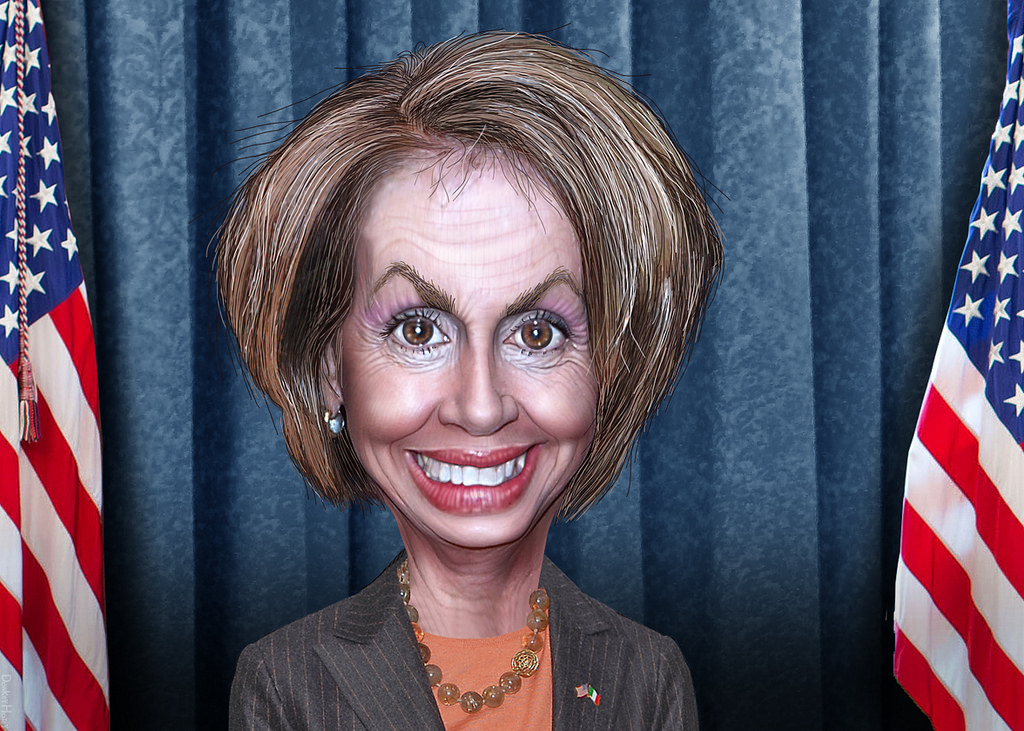 Parler
Parler Gab
Gab
- The Pentagon has admitted to Congress that it does not know the identities of at least 61 people killed in U.S. military strikes targeting suspected drug-smuggling vessels near Venezuela and in the Eastern Pacific Ocean. This lack of transparency has sparked bipartisan concerns over the legality and oversight of the campaign, which critics argue amounts to extrajudicial killings.
- The Trump administration has repeatedly cited the U.S. fentanyl crisis as justification for the maritime strikes. However, officials acknowledged in a classified briefing that the majority of vessels targeted were allegedly smuggling cocaine, not fentanyl. This discrepancy has left lawmakers skeptical and concerned about the true motives behind the strikes.
- Sen. Rand Paul (R-KY) and Rep. Seth Moulton (D-MA) have expressed grave concerns about the constitutional and legal implications of the strikes. Paul has joined Senate Democrats in introducing a War Powers Resolution aimed at preventing the Trump administration from escalating military action against Venezuela without congressional approval.
- The lack of transparency surrounding the strikes echoes long-standing concerns about executive overreach in military engagements. Since the post-9/11 Authorization for Use of Military Force (AUMF), successive administrations have expanded counterterrorism operations with minimal congressional oversight, a trend critics argue has normalized extrajudicial killings.
- Bipartisan pushback and growing concerns about the strikes have led to a broader debate about the role of Congress in authorizing military force. The coming weeks may determine whether Congress reasserts its constitutional role in authorizing military force or allows the executive branch to continue acting unchecked.
Bipartisan pushback and war powers concerns
Criticism of the strikes has not been limited to Democrats. Sen. Rand Paul (R-KY), a longtime advocate for congressional oversight of military actions, has been vocal in his opposition. "No one said their name, no one said what evidence, no one said whether they're armed, and we've had no evidence presented," Paul said this week. "They summarily execute people without presenting evidence to the public … so it's wrong." Paul has joined Senate Democrats in introducing a War Powers Resolution aimed at preventing the Trump administration from escalating military action against Venezuela without congressional approval. The resolution, expected to come to a vote next week, follows a broader failed attempt earlier this month to restrict presidential war powers. The lack of transparency surrounding the strikes echoes long-standing concerns about executive overreach in military engagements. Since the post-9/11 Authorization for Use of Military Force (AUMF), successive administrations have expanded counterterrorism operations with minimal congressional oversight. According to BrightU.AI's Enoch, AUMF is a legislative act passed by the U.S. Congress that grants the president the authority to use military force in specific circumstances. Rep. Jason Crow (D-CO), an Army veteran, left the briefing unconvinced that the strikes would meaningfully disrupt drug trafficking. "We do need to get serious about the flow of drugs, but I heard nothing today that shows how they're actually going to end that," he said. "In fact, I have deeper concern leaving this briefing as to whether or not they even have a serious plan to do that." As lawmakers push for more transparency, the Pentagon's refusal to disclose the identities of those killed—or even confirm whether they were armed—has deepened suspicions that the campaign operates outside legal norms. With bipartisan support growing for stricter oversight, the coming weeks may determine whether Congress reasserts its constitutional role in authorizing military force—or allows the executive branch to continue acting unchecked. Watch the video below, where President Donald Trump confirms he authorized the Central Intelligence Agency to operate in Venezuela. This video is from Cynthia's Pursuit of Truth channel on Brighteon.com.Sources include:
News.AntiWar.com Politico.com BrightU.ai Brighteon.comPolitical Nepo Baby? The scramble to succeed Nancy Pelosi
By Willow Tohi // Share
Turkey REFUSES to ditch Russian S-400 missile systems despite pressure from Washington
By Ramon Tomey // Share
Russia’s Ukraine war toll surpasses 1.1 million casualties, British intel reports
By Belle Carter // Share
The global implications of the U.S.’s leftward Democratic shift
By Belle Carter // Share
The great NGO purge: Layoffs hit 22-year high as funding freezes amid RICO threats
By Willow Tohi // Share
China’s rare earth DOMINANCE threatens U.S. prosperity
By Lance D Johnson // Share
Governments continue to obscure COVID-19 vaccine data amid rising concerns over excess deaths
By patricklewis // Share
Tech giant Microsoft backs EXTINCTION with its support of carbon capture programs
By ramontomeydw // Share
Germany to resume arms exports to Israel despite repeated ceasefire violations
By isabelle // Share










